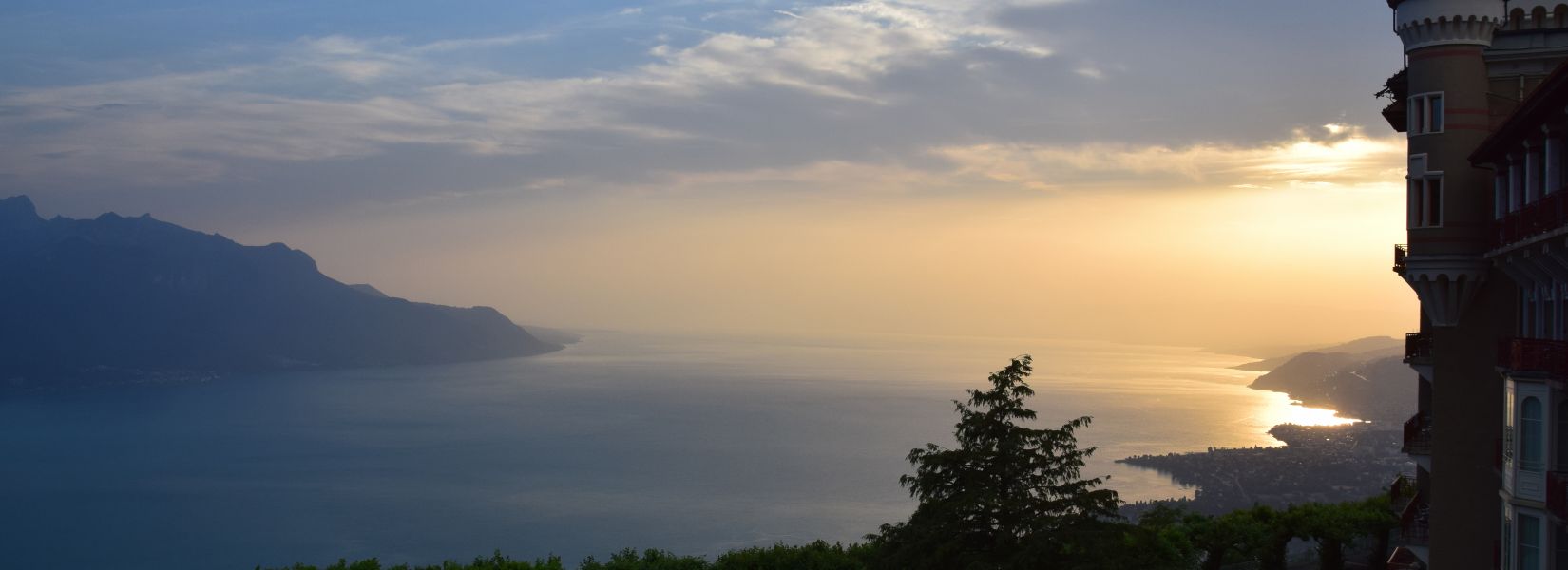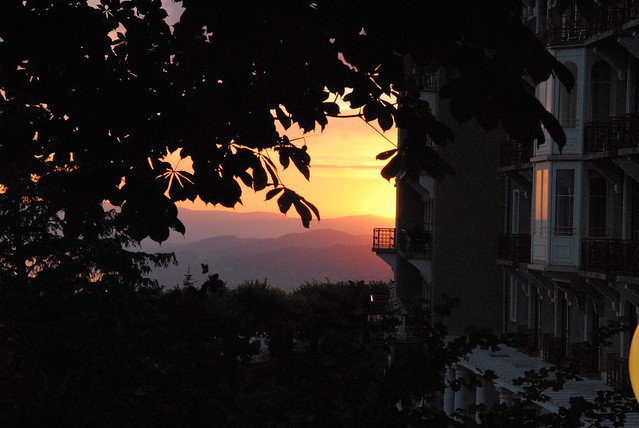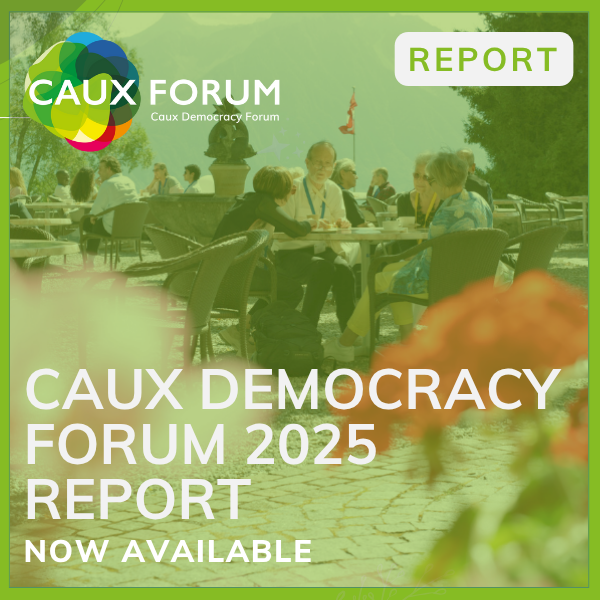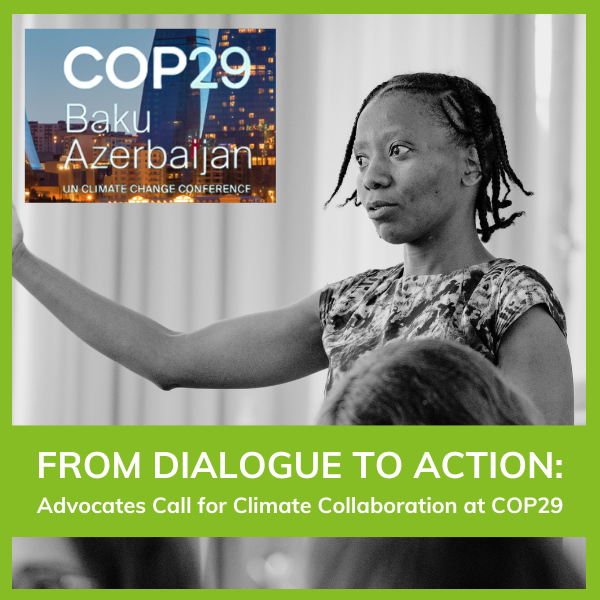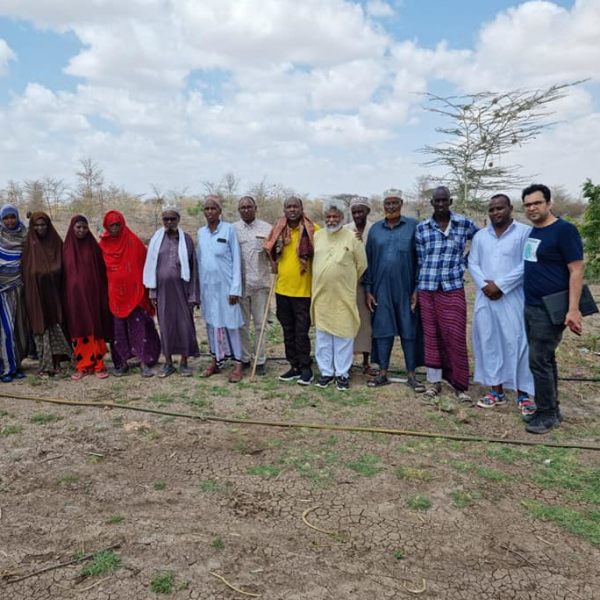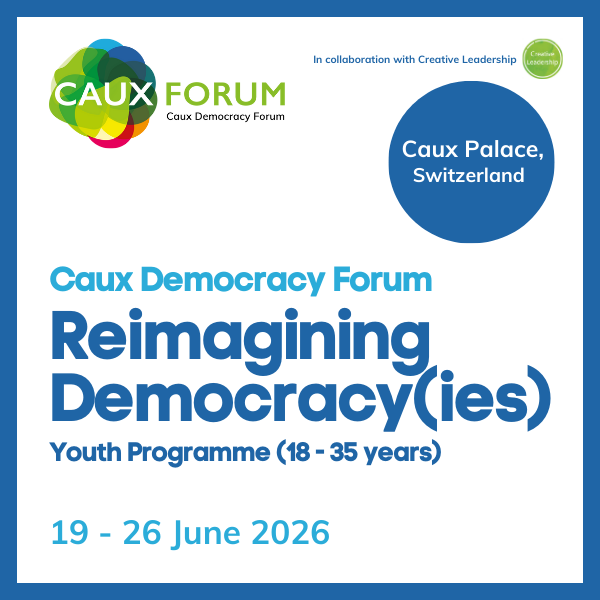Climate and the economy in the post-COVID world
By Karina Cheah and Irina Fedorenko
13/05/2020
As pandemic-related lockdowns and travel restrictions slowly begin to ease and a return to normal life seems nearer at hand, we are at a critical juncture as to how we choose to act towards our environment. The spread of the novel coronavirus has shed light on some of the longer-lasting effects of human pressures on nature and it is up to us to make the right choice to preserve our planet in the post-pandemic reality.
There is no doubt that global lockdown has helped to clean up the air and to accelerate innovation in food supply chains and in the healthcare sector. The virus has also brought about increasing criticism of the global wildlife trade (said by the WWF to be worth roughly $20 billion a year), which is bringing us into contact with animals and habitats we were not previously exposed to. Dr Ben Embarek of the World Health Organization’s department of nutrition and food safety says that the number of previously unknown diseases linked to new contacts between humans and animals is rising. He advises increased regulation of the wildlife trade to help prevent similar health crises from occurring in the future. Such regulation would also be a critical step in preserving biodiversity and protecting endangered animals for illegal trade. At the time of writing, temporary bans had been issued in China: a big victory for animal rights activists.
These positive effects, especially the decreases in carbon and greenhouse gas emissions, can serve as a springboard to future sustainable policies, but it won’t be easy. According to Kimberly Nicholas, a sustainability science researcher at Lund University in Sweden, social science research points to interventions being more effective at times of change. This suggests that now – a critical moment in history – is the time for an intervention on behalf of the environment. But as the world, aside from health workers and essential businesses, remains shut down, so does the economy, leading to high uncertainty and unease. When the clouds finally clear, the immediate focus of governments will be to jumpstart the economy and get industries back on track to avoid prolonging the biggest global recession since the 2008 financial crisis. This spells trouble for long-term climate change policy, which is likely to be pushed down the political priority list.
Many experts argue that the long-term impact of the pandemic on the climate will depend on how countries and corporations respond to the economic crisis once restrictions are lifted, as policies to avert climate change require major infrastructural and societal changes. The International Energy Agency has warned that the aftermath of the virus will weaken investments in clean energy and in efforts to reduce emissions, adding that governments will most likely not consider global warming in their stimulus packages to restart the economy. But Jacqueline Klopp, co-director of the Center for Sustainable Urban Development at Columbia University in New York City, points out that the pandemic could be a wake-up call for politicians and governments to realize that other threats to humanity, including climate change, could be just as devastating and that it is critical to develop protective measures now.
There’s no question that economic development which incorporates long-term sustainability would require a number of infrastructural changes, irrespective of whether we are in a recession. But in this time when we can see the effects of more sustainable practices (albeit in circumstances that no one asked for or expected), the pressure to act is critical. Professor Paul Monks, an expert in air pollution, says that the improvements we have seen already – most prominently in global air quality – force us towards the realization that there is huge potential for us to look at the changes we can make to our lifestyles and work habits. Community responses and pressure on their local and national governments may prove to be critical. Do we want to go back to the status quo and keep increasing the long-term risks to humanity, or do we want to go through the difficult but temporary grind of making infrastructural changes in order to set our planet and future generations on a better and greener path?
How can we create a better system that is just for people and respectful to nature? What role will innovation play in it and how can civil society and policymakers affect the change? We believe that we must use this crisis as an opportunity to affect systematic change for people and for the planet.
We will discuss these and other topics during our Caux Dialogue on Environment and Security, which will take place online 1-4 July 2020. Please join our community if you want to be a part of this change!
Karina Cheah is a Communications intern with IofC Switzerland, also assisting with the Caux Dialogue on Environment and Security and the Summer Academy on Land, Security, and Climate.
Irina Fedorenko is the Managing Director of the Caux Dialogue on Environment and Security.
